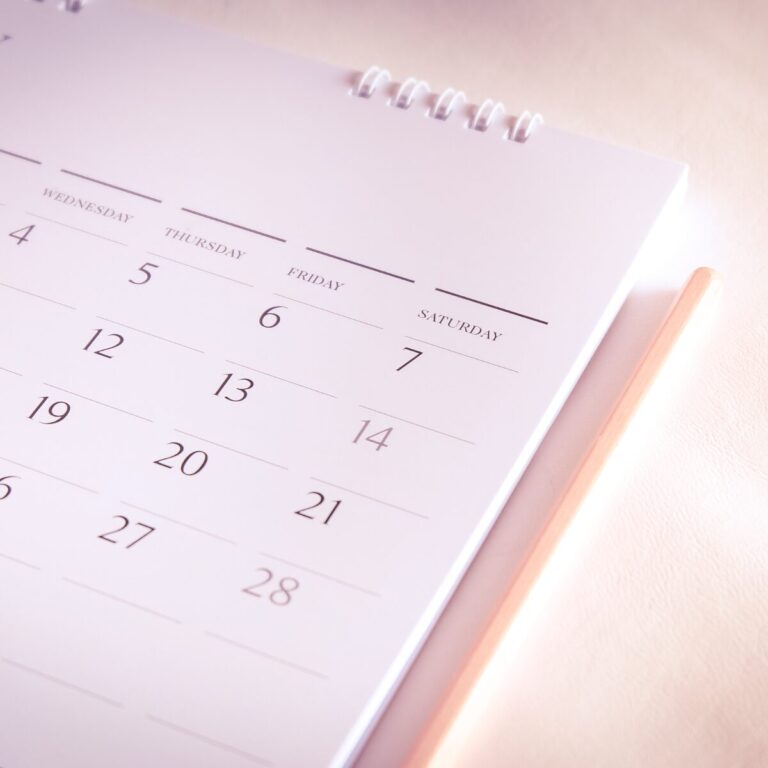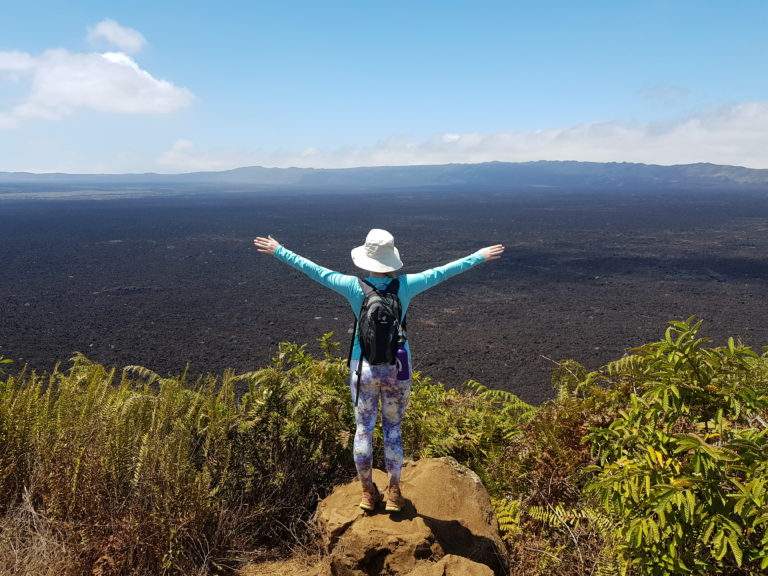Job Search Survival Guide
looking for a job is hard. It’s harder than having a job.
A job search is full of rejection, uncomfortable interviews, and long waits. But when you do get that offer for the job that you’re excited about, it’ll all be worth it.
First, if you’re reading this because you’re thinking about looking for a new job and have no idea where to start, read this first.
Now, if you’re ready to get started searching, or you’ve hit that lull a few weeks in and can’t find motivation, read on to find out how to survive your job search.
Your Job Search survival guide
1: Get organised.
Looking for a job is just another process you need to navigate. Start by making a list of all the things you need to do to find a job and prioritise them. If you haven’t updated your CV yet, start with that first. Make a space to keep a note of all your activities, what companies you’ve applied to, interviews, feedback, recruiters you’re working with, events. Tools I’ve used include a good old spreadsheet and Trello.
2: Make a plan.
Once you have your prioritised list, manage your job search like a project. Set yourself some timescales that are within your control. If you are starting your search in March, you could have things like, by the end of March I will have applied for X number of jobs, gone to X event, and contacted X number people on LinkedIn about opportunities.
You can’t control other peoples decisions so try to stay away from “I’ll have a job offer by” or “I’ll have 5 interviews” these are outcomes based on decisions that are out of your control.
3: Set aside time.
Aimlessly searching around, scrolling through LinkedIn, and other sites is tiring and demotivating. Set aside time each day or each week, whatever suits you, to search and apply for jobs. Plan the next day before you finish, then you can switch off when you’ve done what you need to do.
4: It’s a numbers game.
The more jobs you apply for, the more options you’ll have. The more companies you contact with your CV, the better chance you have of them getting back to you. The more people you network with, the more opportunities you’ll uncover… you get my point.
5: Be patient, and kind to yourself.
The low point for people who start looking for a new job is usually somewhere between 2 and 3 weeks in.
If you get to this point and you’re feeling down, that’s totally normal. From my 15+ years of experience working in recruitment I know the job search process can take 3 months or even longer from submitting your CV to starting a job. I’ve seen it happen faster (very occasionally), but it’s best to manage your expectations.
Spend 15 minutes at the end of each week thinking about what’s gone well, what hasn’t and what you’ve learned
6: Don’t take it personally.
Rejection is all part of the process, and the quicker you get used to it, the better. If you go on the basis that you value opinions from people you know and trust, an auto-rejection from a company will hurt less. Even if it does come from a person; Ask yourself: Do I know them? Do I trust them? If the answer is no, move on to the next.
I hope this Job Search Survival Guide has been helpful for you.
If you’re still really stuck after reading this then get in touch with me here. You don’t need to go it alone.
Before you go, I’d love it if you signed up to my mailing list.
Why sign up I hear you asking?
The mailing list is more than just the usual updates; it’s written by me with you in mind, offering a space for inspiration, and career tips to help you navigate your path with ease







